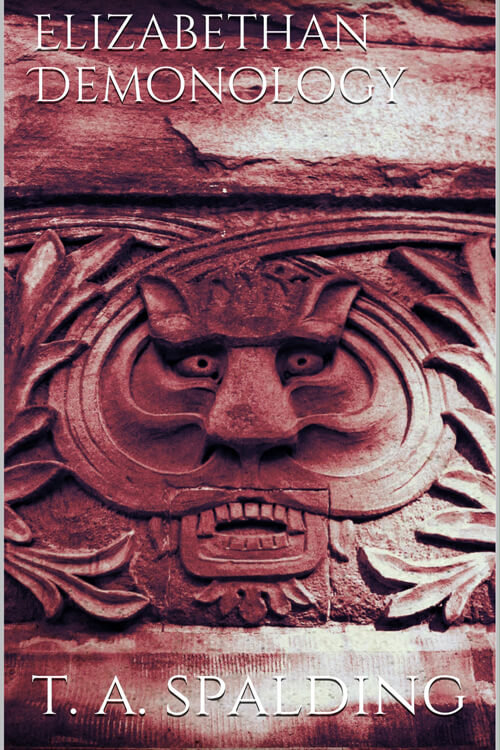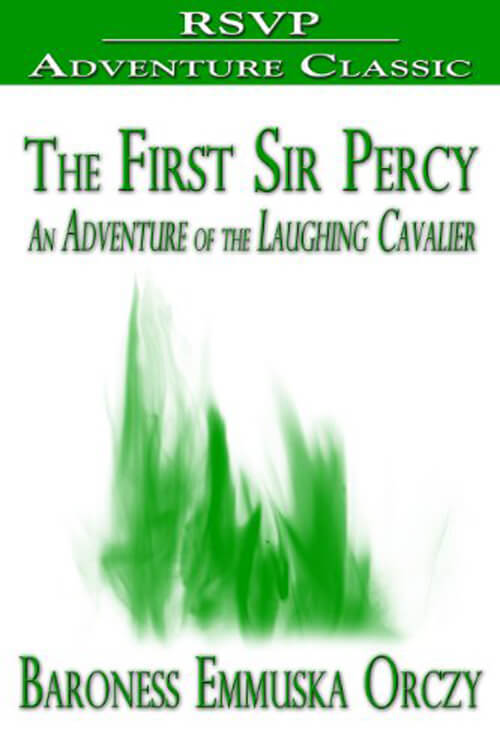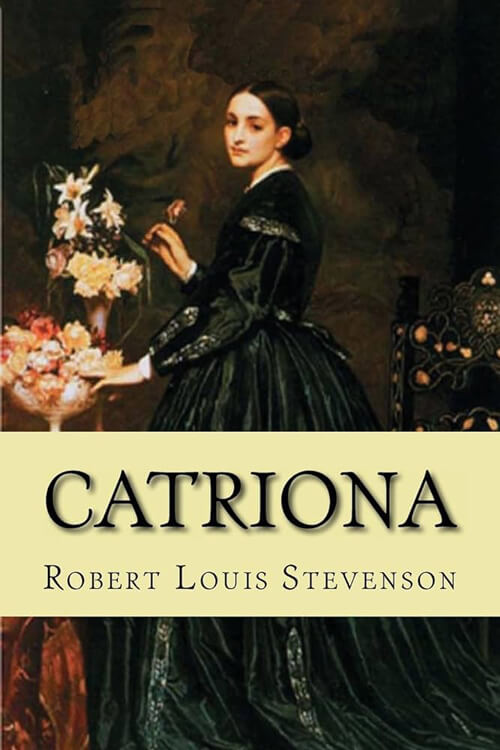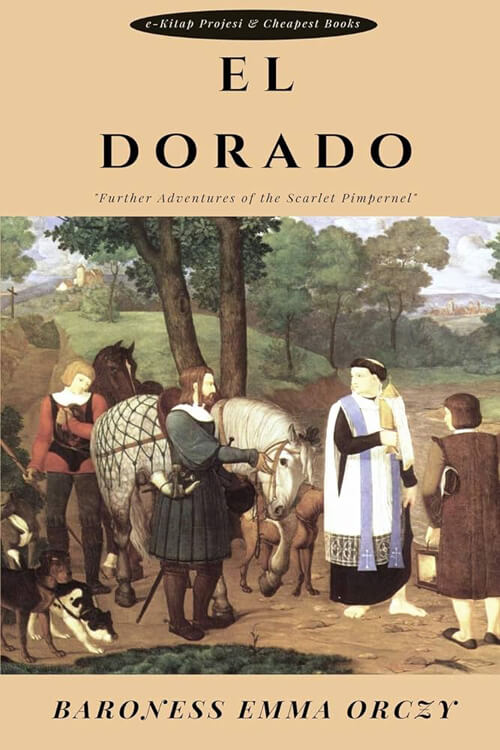
Elizabethan Demonology
Difficulty in understanding our elder writers without knowledge of their language and ideas. 2. Especially in the case of dramatic poets. 3. Examples. Hamlet’s “assume a virtue.” 4. Changes in ideas and laws relating to marriage. Massinger’s “Maid of Honour” is an example. 5. Sponsalia de futuro and Sponsalia de praesenti. Shakspere’s marriage. 6. The student must get to know the opinions and feelings of the folk amongst whom his author lived. 7. It will be hard work, but a gain in the end. First, in preventing conceit. 8. Secondly, in preventing rambling reading. 9. The author’s present object is to illustrate the dead belief in Demonology, especially as far as it concerns Shakspere. He thinks that this may perhaps bring us into closer contact with Shakspere’s soul. 10. Someone objects that Shakspere can speak better for himself. Yes, but we must be sure that we understand the media through which he speaks. 11. Division of subject.
12. Reasons why the empire of the supernatural is so extended amongst savages. 13. All important affairs of life transacted under the superintendence of Supreme Powers. 14. What are these Powers? Three principles regarding them. 15. (I.) Incapacity of mankind to accept monotheism. The Jews. 16. Roman Catholicism is polytheistic, although believers won’t admit it. Virgin Mary. Saints. Angels. Protestantism is in the same condition to a lesser degree. 17. Francis of Assisi. Gradually made into a god. 18. (II.) Manichaeism. Evil spirits are as inevitable as good. 19. (III.) Tendency to treat the gods of hostile religions as devils. 20. In the Greek theology. [Greek: daimones]. Platonism. 21. Neo-Platonism. Makes the elder gods into daemons. 22. Judaism. Recognizes foreign gods at first. Elohim, but they get degraded in time. Beelzebub, Belial, etc. 23. Early Christians treat the gods of Greece in the same way. St. Paul’s view. 24. The Church, however, did not stick to its colors in this respect. Honesty is not the best policy. A policy of compromise. 25. The oracles. Sosthenion and St. Michael. Delphi. St. Gregory’s saintliness and magnanimity. Confusion of pagan gods and Christian saints. 26. Church in North Europe. Thonar, etc., are devils, but Balda gets identified with Christ. 27. Conversion of Britons. Their gods get turned into fairies rather than devils. Deuce. Old Nick. 28. Subsequent evolution of belief. Carlyle’s Abbot Sampson. Religious formulae of witchcraft. 29. The Reformers and Catholics revive the old accusations. The Reformers only go halfway in skepticism. Calfhill and Martiall. 30. Catholics. Siege of Alkmaar. Unfortunate mistake of a Spanish prisoner. 31. Conditions that tended to vivify the belief during the Elizabethan era. 32. The new freedom. Want of rules of evidence. Arthur Hacket and his madnesses. Sneezing. Cock-crowing. Jackdaw in the House of Commons. Russell and Drake are both mistaken for devils. 33. Credulousness of people. “To make one dance naked.” A parson’s proof of transubstantiation. 34. But the Elizabethans had strong common sense nevertheless. People do wrong if they set them down as fools. If we had not learned to be wiser than they, we would have to be ashamed of ourselves. We shall learn nothing from them if we don’t try to understand them.
Read or download Book
Thomas Alfred Spalding
Biography.
Thomas Alfred Spalding was a Londone Barrister-at-Law, Honorary Treasurer of The New Shakspere Society, and author of sundry works on history, biography, naval history, and fiction.






